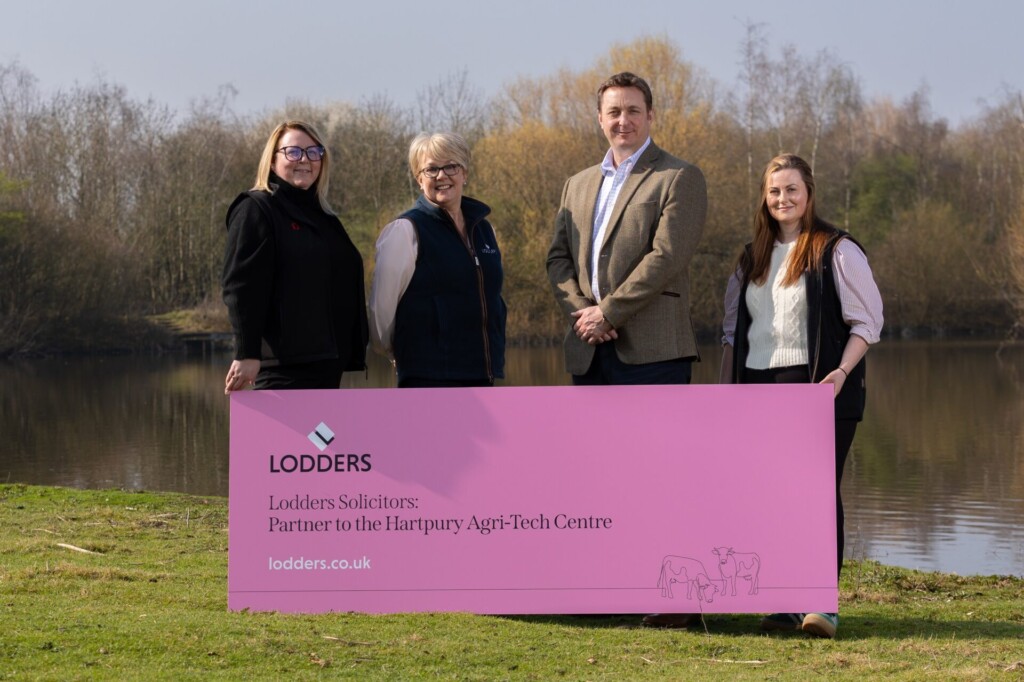The Charities Act 2022 was introduced to deliver some technical changes to charity law and was set to be implemented in three stages, with the first group of reforms being introduced in autumn 2022 and the last group to be implemented by autumn 2023.
In this blog, Mark Lewis, head of Lodders’ Charity Law team and a partner in the firm, takes a closer look at the Charities Act changes being enforced in June 2023 in relation to charity land, dispositions, and mortgages. You can read out complete, up-to-date guide to the Charities Act 2022 implementation here.
The Charities Act 2022 seeks to simplify the legal requirements charities face when disposing of charity land in the following ways:
Advice for charities
Charities are now able to obtain advice on certain disposals from a ‘designated adviser’ as opposed to a ‘qualified surveyor’. This means that charity trustees will be able to employ more specialist advisors depending on the type of land, and the advice may also be given by a person in the course of their employment by the charity, if they are suitably qualified. The designated adviser can also now include charity trustees themselves.
Advertising proposed disposals
There is no longer an automatic presumption that the proposed disposition of charity land must be advertised, and trustees have been given discretion to decide how to advertise a proposed disposal, if at all. They must consider any advice on advertising that is given by their designated adviser, but there is no legal requirement for the charity to then follow that advice.
Restrictions on dispositions
Restrictions on dispositions only apply to land which is held beneficially by a charity solely for its own benefit, or in trust solely for the charity if it is unincorporated. The restrictions apply: where a charity owns land both legally and beneficially; where a trustee holds the land on bare trust for a single charity; where the land is left to the charity by a will and the executor has appropriated the land; or where a charity owns land with several tenants in common where it is disposing of its share.
Exceptions to restrictions
The 2022 Act offers some clarity and provides that dispositions by a liquidator, provisional liquidator, receiver, mortgagee or administrator are excepted. Also, a disposal to another charity is excepted unless the disposal is made with a view to achieving the best price, or as a social investment (i.e. with an aim to further the charity’s purposes and achieve a financial return for the charity).
Wording and instruments
Where there is a charity land transaction, Charities Act statements must now be included in both the contract and the transfer for a disposition of charity land. This statement must confirm whether part 7 applies, and if it does, there must be a statement confirming that part 7 has been complied with, i.e. that the trustees have obtained and considered relevant advice, or the court/Charity Commission has authorised the transaction. Charity trustees are no longer required to give this statement, as the person responsible for providing them is the same person responsible for executing the contract or conveyance.
The statement provides additional protection for the purchaser/mortgagee because the statement is now conclusively presumed to be true in favour of the person enforcing the contract.
Connected persons
The definition of Connected Persons has been amended to exclude employees, where there is a grant of a short fixed-term or periodic tenancy of one year or less to an employee of a charity to use as their home. This means that any such disposal will not require authorisation from the Charity Commission. However, it will still be necessary to obtain advice on the grant of any such disposal.
When will the Charities Act 2022 come into effect?
The implementation of the Act is taking effect on a phased basis, which commenced on 31 October 2022, with the second phase implemented on 14 June 2023 (to include the above) and is finally due to complete in Autumn 2023.
Need more advice on the charities act 2022?
If you require further advice in relation to this matter, please contact Mark Lewis.
Contact usCONTACT US
Need more advice?
For help with a legal problem or more information on any of our services at Lodders, please get in touch with our friendly team. You can contact us via the number or email address below, or fill in the form and we will get back to you as quickly as we can.

Read more
Other news, insights and events







